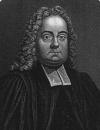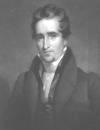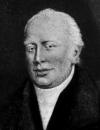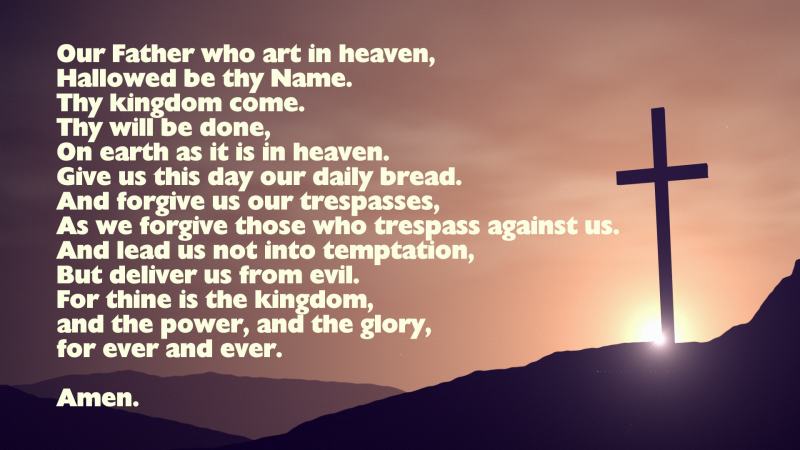The Lord's Prayer
line-by-line commentary
In this section of the site, the Lord's prayer has been broken down into separate sentences and then analysed by the writings of famous biblical theologians and scholars. The section begins with introductory comments and summaries of the prayer, followed by an exploration of the phrase "Our Father, which art in heaven".
This is followed by the seven petitions that we find in the Lord's prayer. The first three are addressed to God and are about His character ("Hallowed be thy name") and concerns ("Thy Kingdom Come", "Thy will be done"). The next four are about man, his physical needs ("Give us this day"), relational needs ("forgive us" etc) and mental and spiritual needs ("lead us not into temptation" and "deliver us from evil").
The prayer concludes with a doxology (omitted in the catholic tradition, although included in the mass), its three-fold aspect ("Yours is the kingdom", "power and the glory") mirroring the nature of the Trinity. Finally, we have the declaration "Forever and ever. Amen". Matthew Henry considers the word "Amen" as a useful tying together of all the petitions and requests that have gone before.
about the commentary writers
In this section you can discover more about the Lord's Prayer through some of the most notable exponents in biblical interpretation.  • Matthew Henry (1662-1714) was a non-conformist English clerygman. His commentaries on the scriptures are intended as a devotional guide to the Bible, rather than as a critical study.
• Matthew Henry (1662-1714) was a non-conformist English clerygman. His commentaries on the scriptures are intended as a devotional guide to the Bible, rather than as a critical study.
 • Albert Barnes (1798-1870) was a Presbyterian minister and American theologian. His 'New Testament Notes' are invaluable in helping to understand difficult passages of scripture. Barnes frequently references the original Greek to reveal the meaning of the text.
• Albert Barnes (1798-1870) was a Presbyterian minister and American theologian. His 'New Testament Notes' are invaluable in helping to understand difficult passages of scripture. Barnes frequently references the original Greek to reveal the meaning of the text.
 • Adam Clarke (1769 or 62 to 1832) was a Methodist minister and biblical theologian. His extensive commentary on the New Testament, at around 6000 pages long, is one of the longest works on the bible ever written by one person.
• Adam Clarke (1769 or 62 to 1832) was a Methodist minister and biblical theologian. His extensive commentary on the New Testament, at around 6000 pages long, is one of the longest works on the bible ever written by one person.
Take a moment to hear from God...
here are links to some wonderfully inspired prayers to aid your journey


